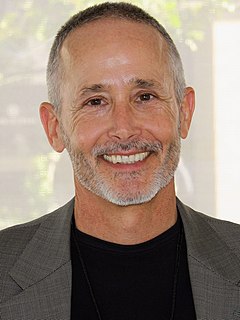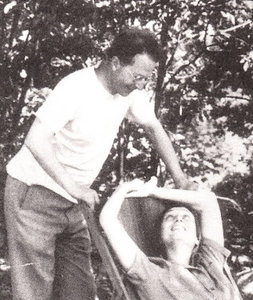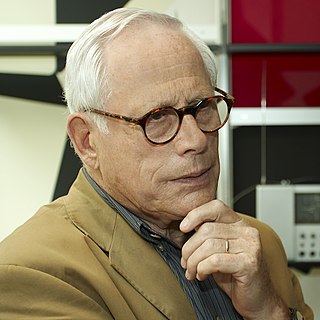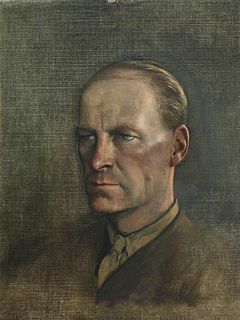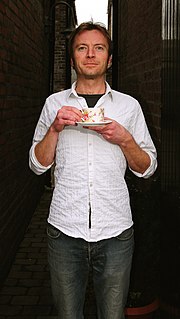A Quote by Anton Chekhov
In descriptions of nature one must seize on small details, grouping them so that when the reader closes his eyes he gets a picture.
Related Quotes
In descriptions of Nature one must seize on small details, grouping them so that when the reader closes his eyes he gets a picture. For instance, you'll have a moonlit night if you write that on the mill dam a piece of glass from a broken bottle glittered like a bright little star, and that the black shadow of a dog or a wolf rolled past like a ball.
When describing nature, a writer should seize upon small details, arranging them so that the reader will see an image in his mind after he closes his eyes. For instance: you will capture the truth of a moonlit night if you'll write that a gleam like starlight shone from the pieces of a broken bottle, and then the dark, plump shadow of a dog or wolf appeared. You will bring life to nature only if you don't shrink from similes that liken its activities to those of humankind.
The devil's in the details. The way I view my job is to bring the reader into a world they otherwise could not enter and let them see it through the character's eyes. And you can only do that with detail. The details make the characters distinct from one another. If you can give them those little grace notes, those little touches, that's what makes the reader relate.
I will begin with what in my opinion is your lack of restraint. You are like a spectator in a theatre who expresses his enthusiasm so unrestrainedly that he prevents himself and others from hearing. That lack of restraint is particularly noticeable in the descriptions of nature with which you interrupt dialogues; when one reads them, these descriptions, one wishes they were more compact, shorter, say two or three lines.
The naturalist is a civilized hunter. He goes alone into the field or woodland and closes his mind to everything but that time and place, so that life around him presses in on all the senses and small details grow in significance. He begins the scanning search for which cognition was engineered. His mind becomes unfocused, it focuses on everything, no longer directed toward any ordinary task or social pleasantry.
It is easier for the reader to judge, by a thousand times, than for the writer to invent. The writer must summon his Idea out of nowhere, and his characters out of nothing, and catch words as they fly, and nail them to the page. The reader has something to go by and somewhere to start from, given to him freely and with great generosity by the writer. And still the reader feels free to find fault.
Just think, Vishnu sleeps in the cosmic ocean, and the lotus of the universe grows from his navel. On the lotus sits Brahma, the creator. Brahma opens his eyes, and a world comes into being, governed by an Indra. Brahma closes his eyes, and a world goes out of being. The life of a Brahma is 432,000 years. When he dies, the lotus goes back, and another lotus is formed, and another Brahma. Then think of the galaxies beyond galaxies in infinite space, each a lotus, with a Brahma sitting on it, opening his eyes, closing his eyes.


